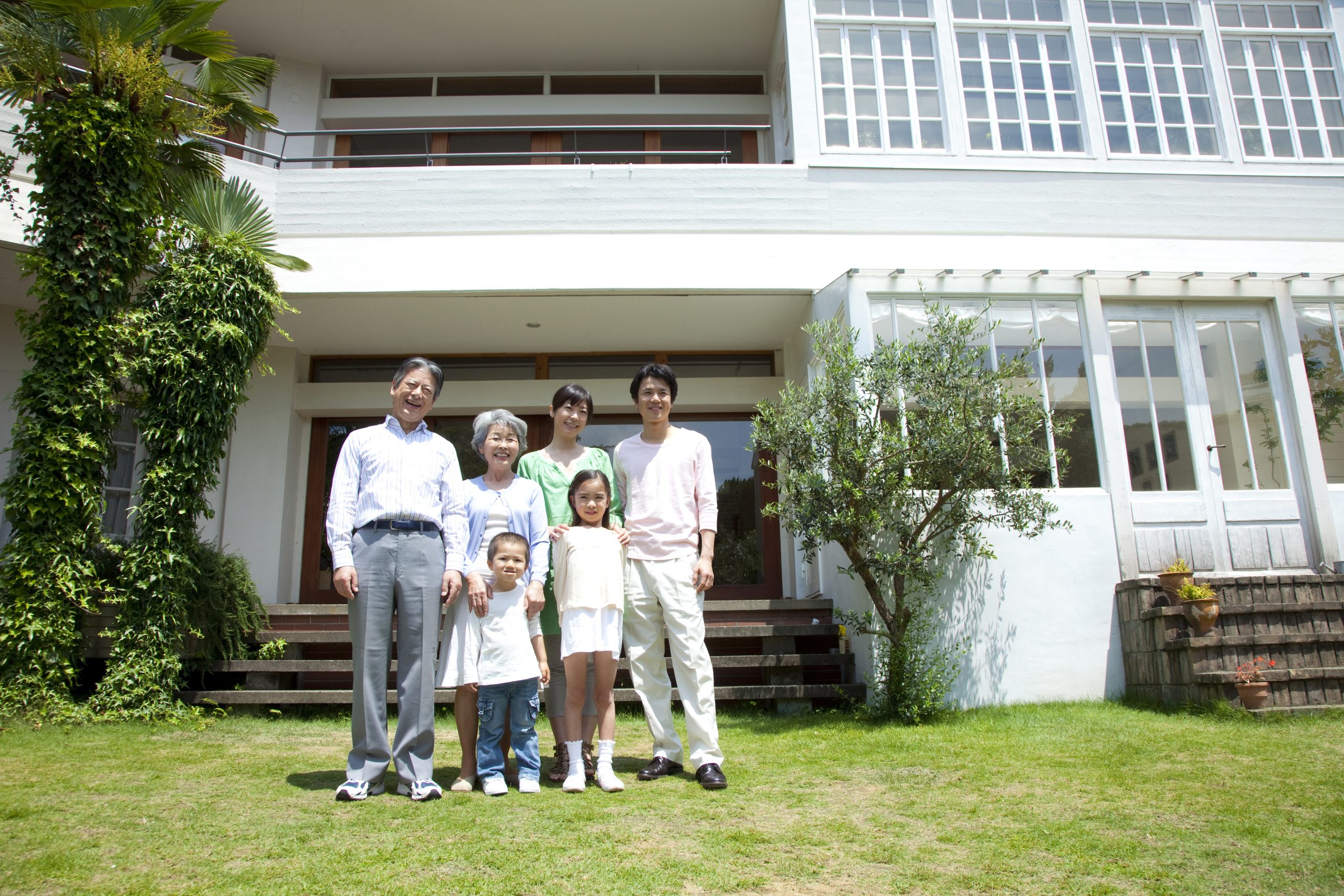August 4, 2021
What to Do With Your Cherished Home When You Die: It’s Not as Easy as You Think

The reality is that leaving your house to your kids when you die is not always what your heirs want you to do with it. Trust us. All you have to do is ask your kids.
If you’re like most clients, you come to our firm to talk estate planning, and your focus is typically your Will or Trust, your retirement plan beneficiaries, and the tax strategies that will allow your kids to get the most out of their inheritance. All too often a discussion about what will happen to your house—even your vacation house at the Jersey shore—gets left by the wayside. There’s a good chance your emotions run deep and that you have an intense attachment to your family home. Your assumption, therefore, is that your kids have the same connection to the house that you do.
Please think again. The two operative words here are emotions and assumption. Your home surely holds wonderful, rich memories. It is likely also your single largest holding and in today’s housing market, that may very well constitute a good amount of money and a substantial investment. Word to the wise. Emotion doesn’t work with decisions that are innately investments.
As for your assumptions…you’re first assumption is that everyone gets along. But if your kids argue now about who ate the frosted flakes, how are they going to get along when the stakes are higher? Suddenly they’ll be faced with decisions about upkeep and maintenance or renting the shore house. Decisions like that can fracture families.
As importantly, your assumptions don’t take into account the natural progression of family events. You’ve cut the apron strings and enabled your kids to chart their own course and flourish. A house may be an encumbrance that undercuts your children’s vision of their future. Keeping the family home, then, may end up being a curse rather than a blessing.
Examine your feelings
There’s no question that the emotional attachment you have to your house is understandable. You’ve created memories there. Your vision is to make it part of your legacy. You want your kids to have the opportunity to live there…to have their kids go to their school. Or, if it’s your shore house, you want them to enjoy memorable summer days together and then pass the house on to your grands, so that it will stay in the family forever.
As warming as that idea is, it has the potential of becoming an at all costs proposition: It doesn’t really account for life changes that your children or grandchildren may have one day. What if work takes them all over the country even around the globe? Plus, as they create their own families, the circle widens. It can even and likely will include in-laws. Before you know it, you have 15 people who can’t get along managing a house together. There are added risks such as divorce or, even worse, death. In in lieu of family harmony you may end up with in-fighting and discord.
It’s important to understand that emotion and assumption can take you down a rocky road when you’re making decisions today that will impact your children long-term. Even though it may be difficult, try to step out of the emotion and think more pragmatically. Discuss the idea of leaving a house to your kids with your estate planning attorney. She can illustrate some worst-case scenarios that, guaranteed, are far different than the vision of the ongoing family unity you see in your mind’s eye. You may not want to hear what your attorney has to say, but the dose of reality can help you give up emotion for more pragmatic thinking.
Have those important family conversations
Estate planning isn’t, after all, one sided. This is especially true when leaving a house to your kids and all the responsibility that comes with it. Just as you discuss financial matters such as who in the family will be your Power of Attorney or Healthcare Proxy, have a frank discussion about whether they can envision themselves living or vacationing in that house. Make them understand that you want and need them to be forthright. Steel yourself against potential disappointment and be willing to let go of the motivation to have them inherit the house. Without some outside-the-box thinking on your part, it could end up as an inheritance at any and all costs. Their honesty now about the vision they have for their lives going forward may initially sting, but it’s a good preventive for problems in the future.
Create happiness. Prevent messes
Sometimes we are unable to convince clients that leaving a house to their kids may not be prudent. In these instances, creating a Will or Trust that provides a degree of flexibility for a potential sale or buyout is a viable second option. On the one hand, the parent’s hopes and intentions are honored. On the other, their kids, grandkids, even nieces or nephews who may be beneficiaries can take comfort in knowing they have an out—have the ability to make decisions that will work for them—if sharing the family home or even managing it alone does not come together smoothly.
Flexible documents include language that delineates how to get somebody out of the property if the situation doesn’t work and how to unwind the inheritance by selling the property. The language of these documents:
- Allows for someone to be bought out outright
- Sets forth wording that eliminates the need for decisions to be unanimous
- Identifies sale triggers (e.g., one individual can’t pay their proportionate share of expenses)
A dollar versus fair market value
So, is the buyout for a dollar or is it to real market value? That’s a question that can and does come up. The answer to that question is unequivocally always fair market value. Anything different or less, and it’s a gift that could subsequently interfere with their estate planning and how they distribute their assets to their loved ones. It comes down to the fact is that if they have an ownership interest in the house anything drastically short of fair market value is gifting. That’s a massive issue, especially right now with the proposals in Congress that could significantly bring about estate tax reform.
One last salve
There are plenty of situations in which the moment the Will is read, one of the kids says they clearly have no interest in the property. In this situation, as long as all the beneficiaries agree, the law will allow for there to be a distribution in lieu of the house. This means that the sibling who doesn’t want the property gets other assets from the estate and the other two siblings get the house. In other words, a clause can be written into the document that gives flexibility to the final distribution. And again, that distribution must be made in alignment with fair market value of the property at the time of distribution.
Rational decisions are key at any juncture
The image of your children having a “What was my dad thinking?!” reaction to your Will is far from pleasant. Being well-thought out from the get-go is one way to avoid it.
Discuss these matters with your family and your estate attorney as you develop your estate plan. Make certain reason trumps pure emotion. Work with your estate attorney to include flexible language. These actions are among the ways to steer clear of the mess of family discord.
At Phelan, Frantz, Ohlig, & Wegbreit, LLC, we know how much your loved ones matter to you. They matter to us, too.
Call us at 908-232-2244 and cover all the bases to ensure your legacy will bond your family, not divide it.

Beware the Oft Spoken Line to Seniors: “Transfer Ownership of Your House to Your Kids!”




